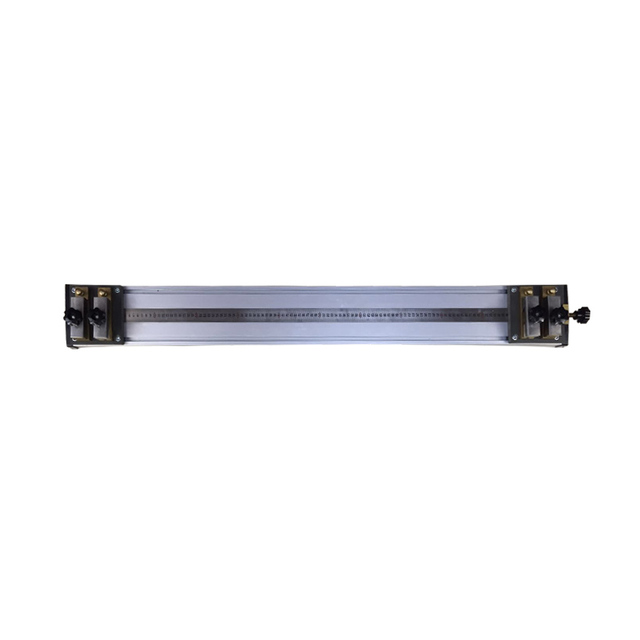Company Specializing in Instruments for Measuring Conductor Resistance in Electrical Testing
Understanding Conductor Resistance Test Instruments The Backbone of Electrical Testing
In the world of electrical engineering and maintenance, the significance of conductor resistance testing cannot be overstated. Ensuring that electrical systems operate efficiently and safely is paramount, and conductor resistance test instruments play a crucial role in that process. These specialized devices are designed to measure the resistance of electrical conductors, providing vital information that can help prevent failures, reduce downtime, and enhance the overall performance of electrical networks.
The Importance of Conductor Resistance Testing
Conductor resistance testing is essential for several reasons. First and foremost, it helps identify any defects in electrical connections, such as corrosion, loose connections, or insulation failures. High resistance in conductors can lead to excessive heat generation, which may result in equipment damage, reduced operational efficiency, and even electrical fires. By conducting regular tests, engineers can detect potential problems early and take corrective measures.
Moreover, in applications where large currents flow through conductors, maintaining low resistance is crucial for operational integrity. This is especially true in power transmission and distribution networks, where any unwanted resistance can lead to significant power losses. Therefore, regular testing helps ensure that conductors remain within specified resistance standards, thereby improving the reliability of the entire electrical system.
Types of Conductor Resistance Test Instruments
Various types of conductor resistance test instruments are available on the market, each designed to cater to specific testing needs. Some of the most common types include
1. Micro-ohmmeters These instruments are used for measuring very low resistance values (in the micro-ohm range), making them ideal for testing connections in high-current applications such as circuit breakers, busbars, and transformers. Micro-ohmmeters typically utilize a four-terminal measurement technique, which eliminates the influence of test leads and contact resistance.
2. Digital multimeters (DMMs) While primarily used for a wide range of electrical measurements, many DMMs are equipped with low-resistance measurement functions. However, they may not be as accurate as micro-ohmmeters for very low resistance readings.
conductor resistance test instrument company

3. Wheatstone bridge testers This traditional method of resistance measurement is still utilized in certain applications. It relies on a bridge circuit to provide precise resistance measurements but requires careful calibration and setup.
4. Smart resistance testers These advanced instruments come with built-in features like data logging, Bluetooth connectivity, and advanced analysis capabilities. They can provide comprehensive reporting and help technicians streamline their testing processes.
Choosing the Right Instrument
When selecting a conductor resistance test instrument, several factors should be considered. First, users should assess the range of resistance they need to measure. For high-current applications, a micro-ohmmeter is often the best choice. For general-purpose applications, a DMM with low-resistance measurement capability may suffice.
Another consideration is the instrument's ease of use and functionality. Features like automatic measurement ranges, memory storage, and connectivity options can significantly enhance the user experience. Moreover, the instrument’s safety features, especially in high-voltage environments, should not be overlooked.
Conclusion
Conductor resistance test instruments are essential tools in the field of electrical engineering. They help ensure safety, reliability, and efficiency in electrical systems by providing critical data on conductor performance. As technology continues to advance, these instruments will evolve, offering even greater capabilities and integration with modern electrical testing practices.
For companies looking to procure conductor resistance test instruments, it is vital to choose a reputable manufacturer that offers high-quality, reliable, and accurate devices. Investing in the right testing equipment not only aids in compliance with electrical standards but also safeguards against potential system failures, ultimately leading to a safer and more efficient electrical infrastructure.
-
Why the Conductor Resistance Constant Temperature Measurement Machine Redefines Precision
NewsJun.20,2025
-
Reliable Testing Starts Here: Why the High Insulation Resistance Measuring Instrument Is a Must-Have
NewsJun.20,2025
-
Flexible Cable Flexing Test Equipment: The Precision Standard for Cable Durability and Performance Testing
NewsJun.20,2025
-
Digital Measurement Projector: Precision Visualization for Modern Manufacturing
NewsJun.20,2025
-
Computer Control Electronic Tensile Tester: Precision and Power for the Modern Metal Industry
NewsJun.20,2025
-
Cable Spark Tester: Your Ultimate Insulation Assurance for Wire and Cable Testing
NewsJun.20,2025
 Copyright © 2025 Hebei Fangyuan Instrument & Equipment Co.,Ltd. All Rights Reserved. Sitemap | Privacy Policy
Copyright © 2025 Hebei Fangyuan Instrument & Equipment Co.,Ltd. All Rights Reserved. Sitemap | Privacy Policy
